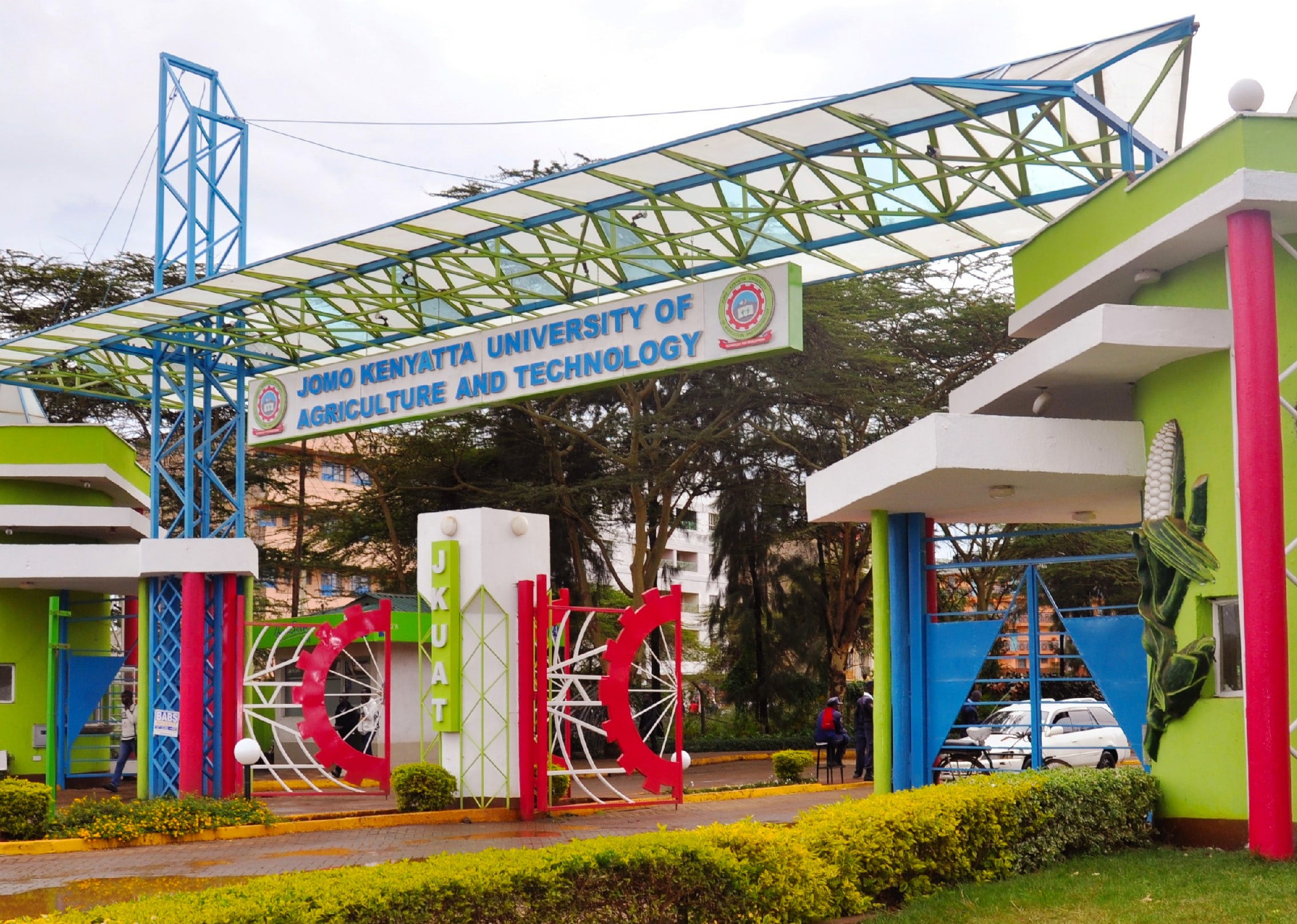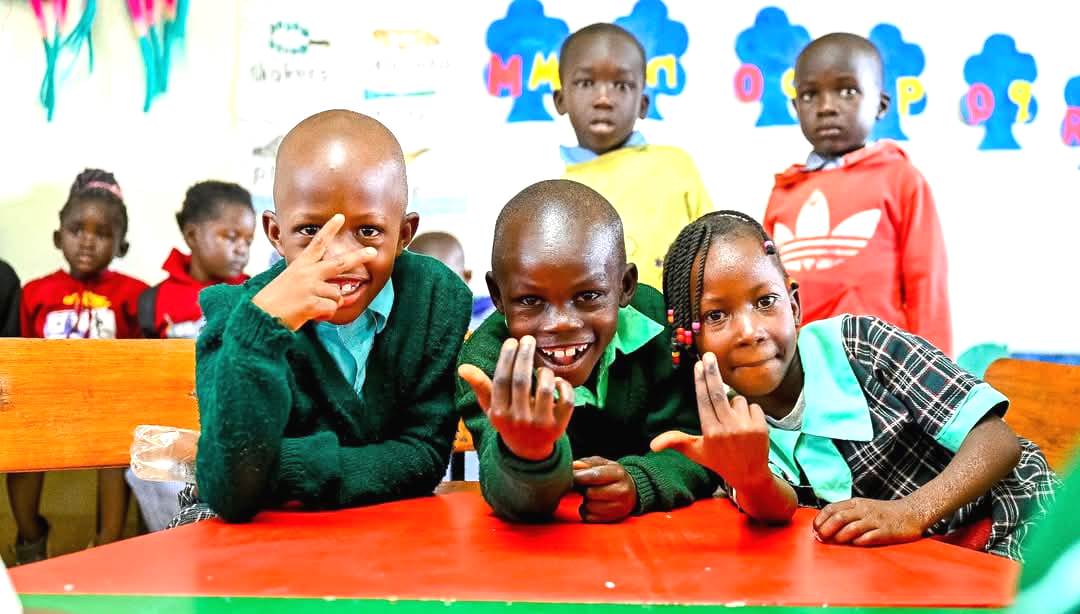Two JKUAT dons have collaborated to develop an innovative livestock deworming drug named Bromecure, which was unveiled at the varsity’s main campus in Juja, Kiambu County.
Dr John Kagira from the Department of Animal Science and Prof Naomi Maina of the Department of Biochemistry, in their experiment, derived the drug from pineapple and seafood extracts.
A novel approach to deworming in livestock, the groundbreaking solution holds tremendous promise in optimizing gut health among goats, sheep and cows, thereby fostering enhanced livestock production for farmers.
Bromecure’s development marks a significant advancement in livestock management. By leveraging bromelain from pineapple peels and chitosan from seafood waste, the drug offers a safer and more sustainable alternative to conventional dewormers, mitigating concerns over drug resistance and harmful residues in animal products.
According to the JKUAT research conducted by Dr Kagira, Principal Investigator, and Prof Maina, co-principal, one of the hindrances to the growth of livestock in East Africa is high prevalence of diseases. One of these is helminthiasis.
“This disease is known to cause immense losses to farmers as it causes decline in growth, productivity and mortality. To mitigate these losses, farmers and veterinarians opt for aggressive treatments using conventional deworming drugs,” Dr Kagira said.

In addition to the Bromecure, the researchers also formulated silage that is gut-friendly made from fermented pineapple waste, which otherwise contributes to carbon emissions and environmental pollution.
These products were developed through a project funded by Bioinnovate Africa, a regional science and innovation-driven initiative that is supported by the Swedish International Development Cooperation Agency (SIDA) and implemented by the International Centre of Insect Physiology and Ecology (ICIPE) in Nairobi, Kenya.
During a meeting convened at JKUAT last week to present the innovations to Bioinnovate Africa, Deputy Vice Chancellor (DVC) for Research, Production and Extension Prof Jackson Kwanza commended the duo for the innovations.
Similarly, Dr Julius Ecuru, heading a delegation from Bioinnovate Africa, expressed admiration for the strides made by JKUAT researchers in aligning biological research concepts, innovations and technologies with commercial viability.
“This collaboration involves key partners such as Université Evangélique en Afrique (UEA), Sokoine University of Agriculture (SUA), and Vetcare Africa, marking a significant step towards bridging research with business and market opportunities,” he pointed out.
In addition to the aforementioned benefits, these two innovations will benefit small and large-scale pineapple farmers as there will be increased sales of pineapple waste, while animal health practitioners and agro vets can now access the new drug for various livestock diseases already resistant to current drugs in the market.
By Kamau Njoroge
Get more stories from our website: Education News
To write to us or offer feedback, you can reach us at: editor@educationnews.co.ke
You can also follow our social media pages on Twitter: Education News KE and Facebook: Education News Newspaper for timely updates.
>>> Click here to stay up-to-date with trending regional stories






